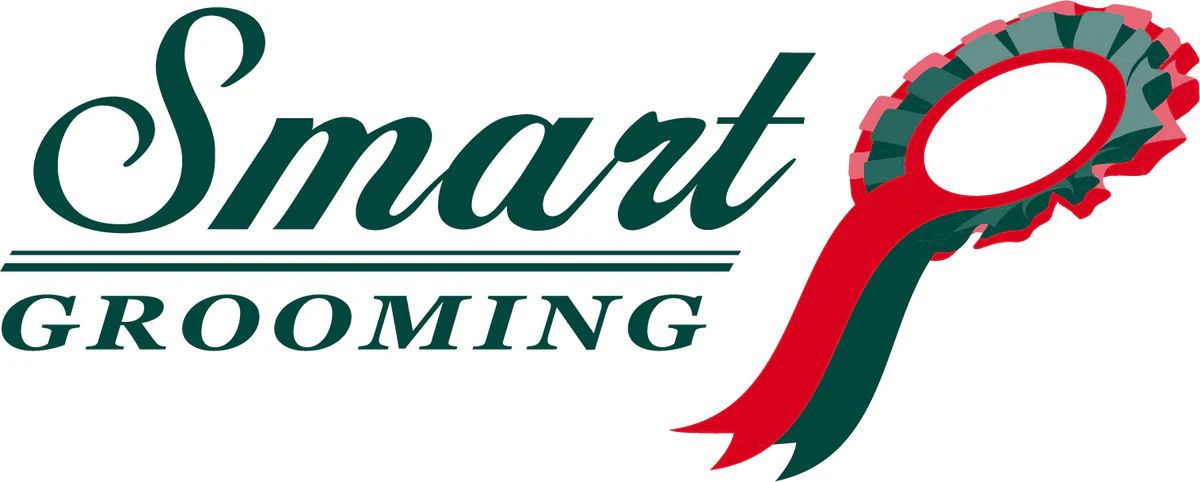- Join Us
- Login
- EEA ToolKit
- Employment Essentials
- Frequently asked
- Contracts and wages
- Time off work & absence
- Staff management & training
- Workplace disputes
- Dismissals and resignations
- Pregnancy and children
- Avoiding discrimination
- Redundancy and Retirement
- Other responsibilities
- Legal Helpline
- Recruitment
- Good Recruitment
- New starters
- Find a groom
- Good Employment
- Resources
- Downloads Library
- EEA Pension & Payroll
- Safe workplace
- Employers Minds
- Transporting horses
- Riding Establishment Licences
- Member discounts
- Business Hub
- Equestrian businesses
- The business plan
- Business compliance
- My clients
- Livery Contract Creator
- Financial matters
- Business challenges
- Marketing
- The EEA
- Employers Life
- Contact

Employer's Life
In Mental Health Awareness Week, we look at the topic of 'When you take on staff, you take on responsibilities.' Employers have a duty of care not only to provide for their employees in compliance with employment law but also for their physical and mental welfare. The challenges of being alert to mental well-being are not to be underestimated, but most employers who are riders have a number of the necessary skills already. It is a collection of skills that riders use every day which have been honed over a lifetime and perhaps now drawn upon unconsciously. The skills are: It is these extraordinary skills that could be applied in a different context in your role as employer. It may be more challenging at first to observe signs in a human being rather than sense your horse’s behaviour when you are riding BUT the skill set is similar. It may be that you are naturally “better with horses than humans” BUT the skills can be developed and it is a crucial part of running an equine business. One in six young people will experience an anxiety condition at some point in their lives (Anxiety UK). Anxiety reduces confidence, physical health and thinking ability and thus interferes with their ability to do their job. When an employee is in the early stages of stress and mental dis ease (no that’s not a typo), they could appear quiet, sullen, withdrawn, argumentative, seemingly over energetic (hyper) or tired and low energy. People respond differently. The important part to notice is that there is difference from the groom’s normal behaviour however slight. In the majority of cases they do not understand themselves what is happening and they do not want it to be happening. In the majority of cases they will not be able to explain what is going on even if you notice and ask. Indeed they will probably want to avoid or brush off any enquiry and hide back in their work. The touches of OCD behaviour that (let’s face it) are a requirement for the job imperceptibly seep into daily routine. The checking of door bolts gradually multiplies to five six seven checks - to taking a photograph for reassurance when back in their groom’s flat. The fear of what might happen today - the horse that might escape, get injured “on my watch”, whose sharpness might prove too much. The responsibility causes a constant underlying stress level which cannot be contained and is debilitating unless recognised and supported early. They want to be the strong, tough, resilient employee that is demanded and expected from a groom. All in the equine industry work extreme hours, often in uncomfortable conditions, for low pay because of the great recompense - being with horses. The equine employment culture is deeply and powerfully ingrained - if you cannot manage the working conditions, there are many lining up behind you enthusiastic and desperate to follow their dream. All of these pressures of course affects the groom’s well being. It is helpful to have an understanding about what symptoms a groom under pressure might be experiencing: Without relief or rest from this stress, symptoms can escalate and it is important to seek medical help. Don’t take a “I’m fine” if you sense all is not well. Ensure they have somebody they can talk to if they seem uncomfortable/unable to talk to you as their boss. Suggest they use the Grooms Minds Support Line and recognise that you are the starting point for them getting support. Looking after your Grooms' Minds
16th May 2018
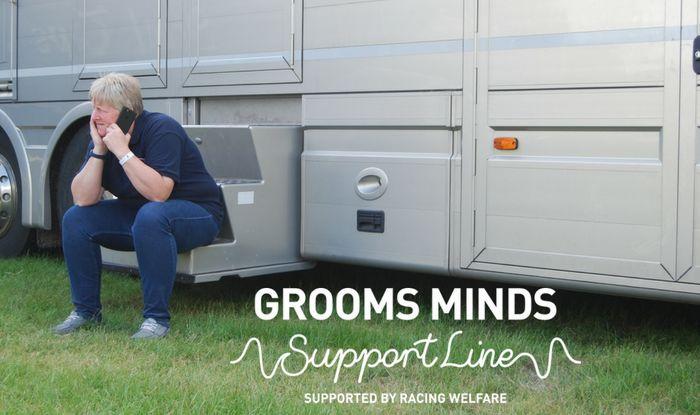
What signs might you see?
What is happening for them?
What can you do?
BLOG ARCHIVE

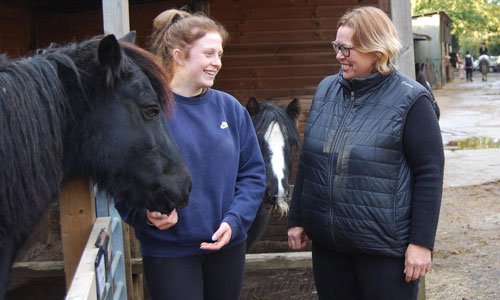










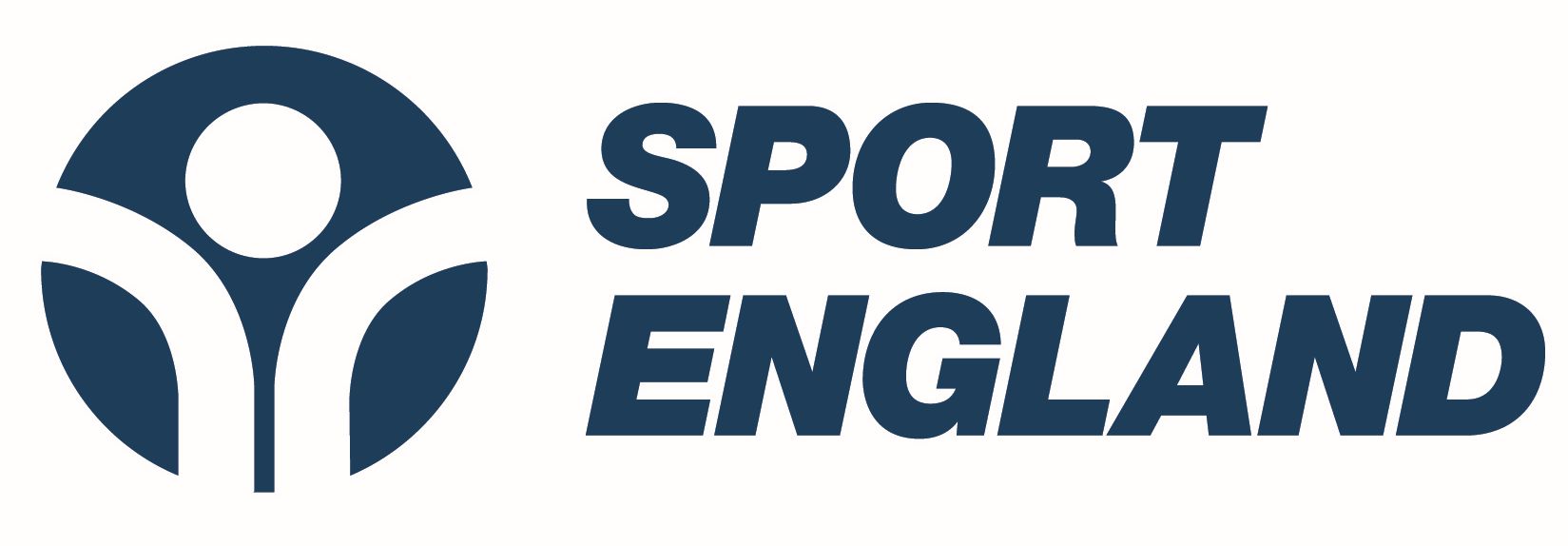




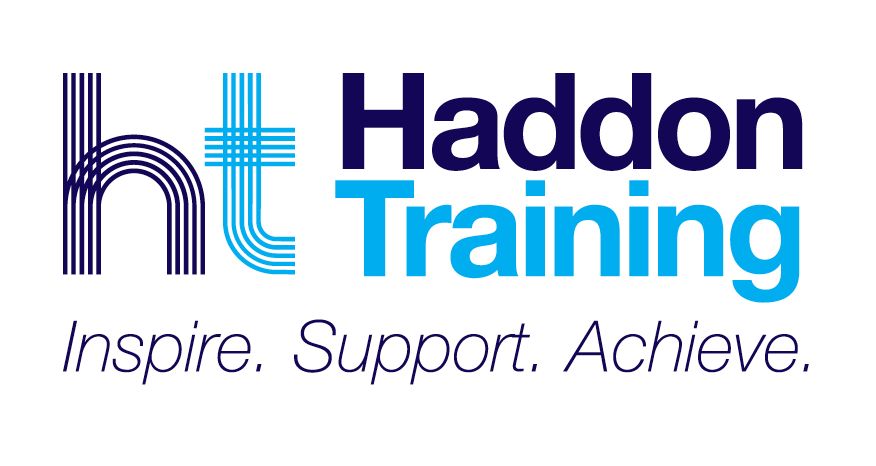
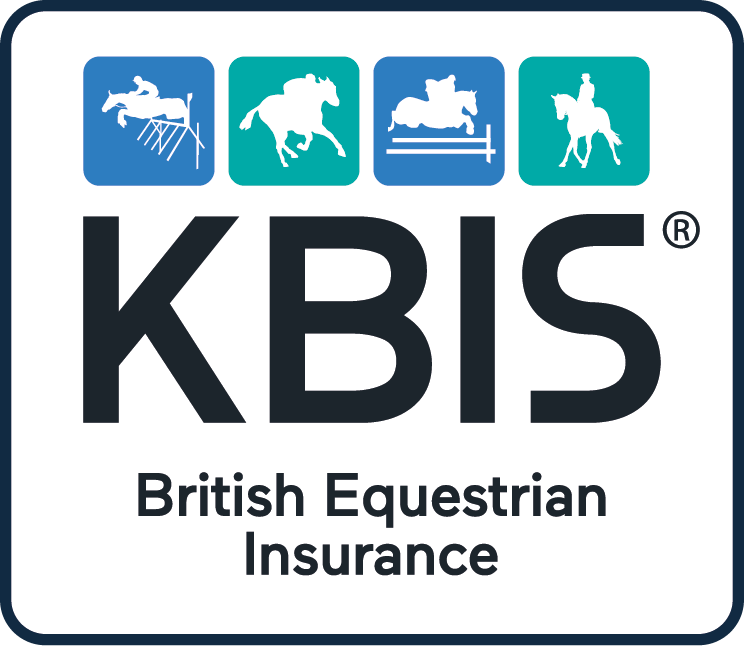
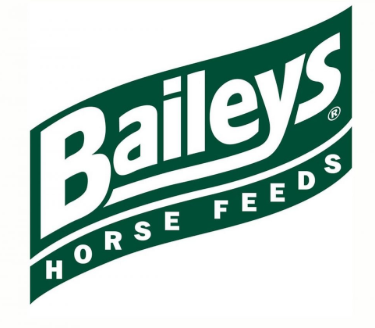
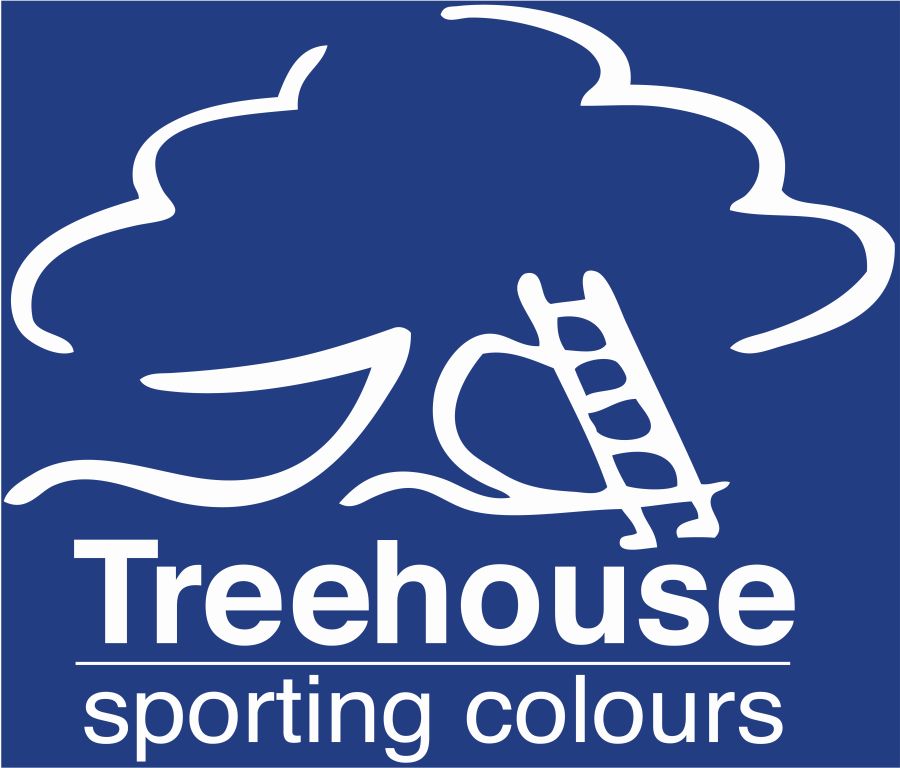

-Small.jpg)

